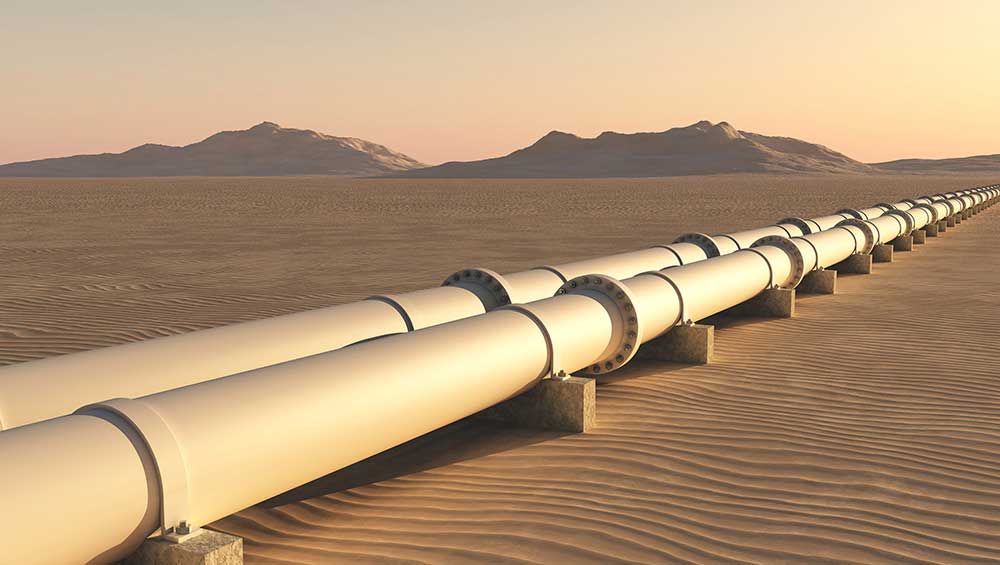Hydrocarbons Technology
Engineering company Penspen has received a contract to execute the first phase of the front-end engineering and design (FEED) of a proposed 5,700km gas pipeline from Nigeria to Morocco.
The contract was awarded by the Office National des Hydrocarbures et des Mines (ONHYM) and the Nigerian National Petroleum Corporation (NNPC).
The FEED Phase I will involve a detailed review of the feasibility study results completed by Penspen last July and an evaluation of the gas demand and supply study.
Thereafter, further design of the pipeline system and the execution of an environmental and social impact assessment (ESIA) will be undertaken in order to optimise the proposed pipeline route and project economics.
“We consider it a huge privilege to be selected by both clients for the next stage of the project definition.”
Penspen CEO Peter O’Sullivan said: “Following Penspen’s successful execution of the feasibility study, we consider it a huge privilege to be selected by both clients for the next stage of the project definition i.e. FEED Phase I where we will continue to provide our renowned world-class services towards the realisation of this strategic project.
“As the development of this proposed regional gas pipeline linking Nigeria with Morocco and several other West African Countries progresses, Penspen remains fully committed to the course and is confident that we have both the necessary experience and the required expertise to support the delivery of an optimal FEED study for the development of this pipeline.”
The scope of the contract will also include providing assistance in marketing and promoting the pipeline project to potential stakeholders.
Once the study is completed, the client will be able to embark on the second phase of the FEED following which a final investment decision (FID) could be made.
Penspen will use the services of Dar Al-Handasah, Crestech and Control Risk to carry out special studies required for the FEED services, environmental impact assessment, Nigeria gas supply study and risk study respectively.
Nigeria and Morocco agreed to undertake the development of the pipeline in December 2016.
According to NNPC, the project will help West African nations meet their energy needs and will also strengthen Nigeria’s export potential to Europe.








